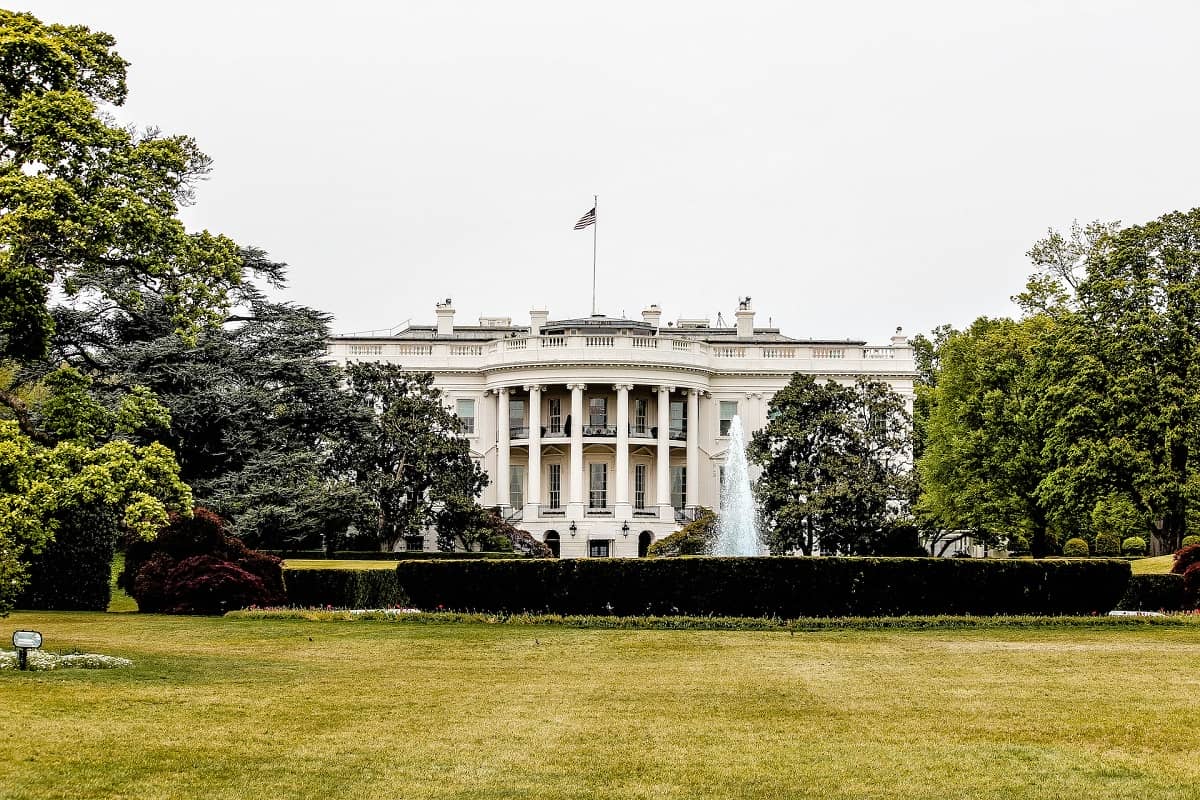The administration of the President of the United States Joe Biden has reduced the number of types of semiconductors that local companies can supply to China.

Washington has decided to tighten export control measures to decrease the number of ways to ignore the norms that were introduced last year.
The United States Department of Commerce on Tuesday, October 17, published new rules. The head of the department, Gina Raimondo, said that these measures will increase the level of efficiency of export control and will further block ways to circumvent restrictions. She also noted that the work to protect national security by restricting access to critical technologies will continue.
According to the information contained in the regulatory documentation, the new restrictions will affect advanced artificial intelligence chips, such as Nvidia H800 and A800.
The updated rules also scale the special export regime beyond mainland China and Macau to another 21 countries with which Washington maintains an arms embargo.
The tightened measures will take effect in 30 days. Initially, the export control regime was established to limit China’s ability to purchase advanced computing microcircuits, which can be used, among other things, to strengthen the military potential of this country. Over time, senior officials of the administration of the American president said that the measures should be reviewed, explaining their position on the development of technology.
The United States authorities reported that chips used in smartphones, electric cars, and video games were excluded from the new supply rules. But this circumstance hardly means that tougher measures will not be a step in the direction of escalation of geopolitical tensions between Beijing and Washington.
China is taking countermeasures in response to the decisions of the American authorities. For example, Beijing has banned the export of germanium and gallium used in the production of semiconductors. China is striving for technological sovereignty. This means the intention to develop independent chip production.
The Chinese Ministry of Foreign Affairs negatively characterized the new American restrictions even before they were officially made public. A spokesperson for the ministry, Mao Ning, said that the United States should stop politicizing and turning trade and technological issues into weapons, noting Beijing’s intention to protect its interests and rights.
Nvidia stated the updated rules provide for new licensing requirements for exports to China and other markets, including Saudi Arabia, the United Arab Emirates, and Vietnam. The company also reported that its A800 chip, created specifically for Chinese customers to circumvent last year’s restrictions, was affected by fierce measures. Nvidia believes that the high level of global demand for its products will help offset the impact of new supply rules on financial performance shortly.
The US Semiconductor Industry Association stated that it recognizes the need to ensure national security, but unilateral control measures can harm the American side.
The United States Department of Commerce also added 13 Chinese organizations to the list of firms with which local companies cannot do business for national security reasons. This decision concerns two startups from an Asian country, Biren Technology, and Moore Thread Intelligent Technology, as well as their subsidiaries. The ministry stated that these companies involved in the development of advanced computing chips are involved in activities contrary to US national security.









